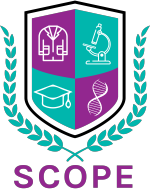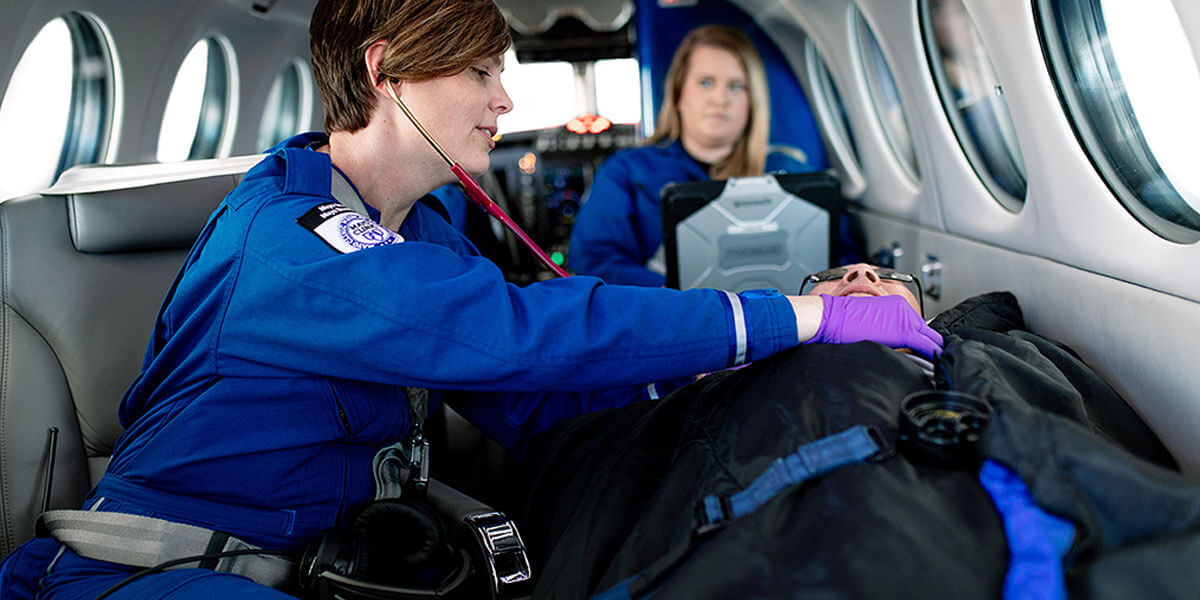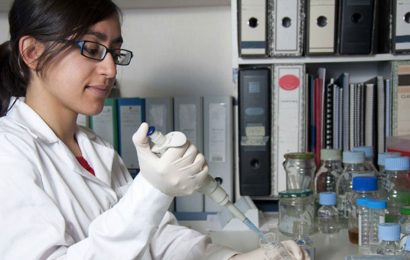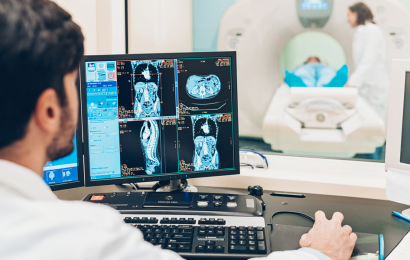- Duration: 6 Months
- Eligibility: 10th – Pass / Fail, 12th any stream
- Mode: Online/ Offline available
Introduction
There have been several accidents and mishaps for many years now, especially concerning the road. In such cases, the ‘Golden Hour’, and the ‘Platinum Ten Minutes’ are of prime essence because prompt medical attention is imperative to increase the chances of survival. In rural areas of the country, this has been known to be a bigger challenge due to the lack of sincerity and efficient services as well as personnel during emergencies.
The goal of the training program is to produce emergency providers with the necessary knowledge, skills, and attitude to diagnose and manage a range of clinical problems in emergency medicine as seen in the community or secondary/tertiary care setting effectively.
Emergency Medical Service (EMS) is a branch of emergency services dedicated to providing out-of-hospital acute medical care and/or transport to definitive care, to patients with illnesses and injuries which constitute a medical emergency.
Emergency medical services (EMS) to treat these conditions include rapid assessment, timely provision of appropriate interventions, and prompt transportation to the nearest appropriate health facility by the best possible means to enhance survival, control morbidity, and prevent disability.
Job Description
EMS workers typically are certified as first responders for emergency medical relief. They can also work as educators or administrative personnel who coordinate emergency responses.
An EMS worker’s duties include performing basic physical exams, assessing patients’ trauma levels, administering oxygen, inserting IVs, intubate victims, and use cardiac monitors and manual defibrillators. They are also expected to:
- Verify that the assigned ambulance is mechanically sound and properly equipped at the start of a shift.
- Evaluate the nature and acuity of the illness or injury.
- Establish patient care priorities.
- Provide medical care and transportation for patients.
- Foster and maintain professional relationships with other providers, staff, and patients.
Career Prospects
With an EMT certification, you can be a firefighter, emergency dispatcher, emergency room technician, ambulance services, health information technician, surgical technologist, and physician’s assistant.
EMTs are often employed by private ambulance services, municipal EMS agencies, governments, hospitals, and fire departments. EMTs provide medical care under a set of protocols, which are typically written by a physician.






